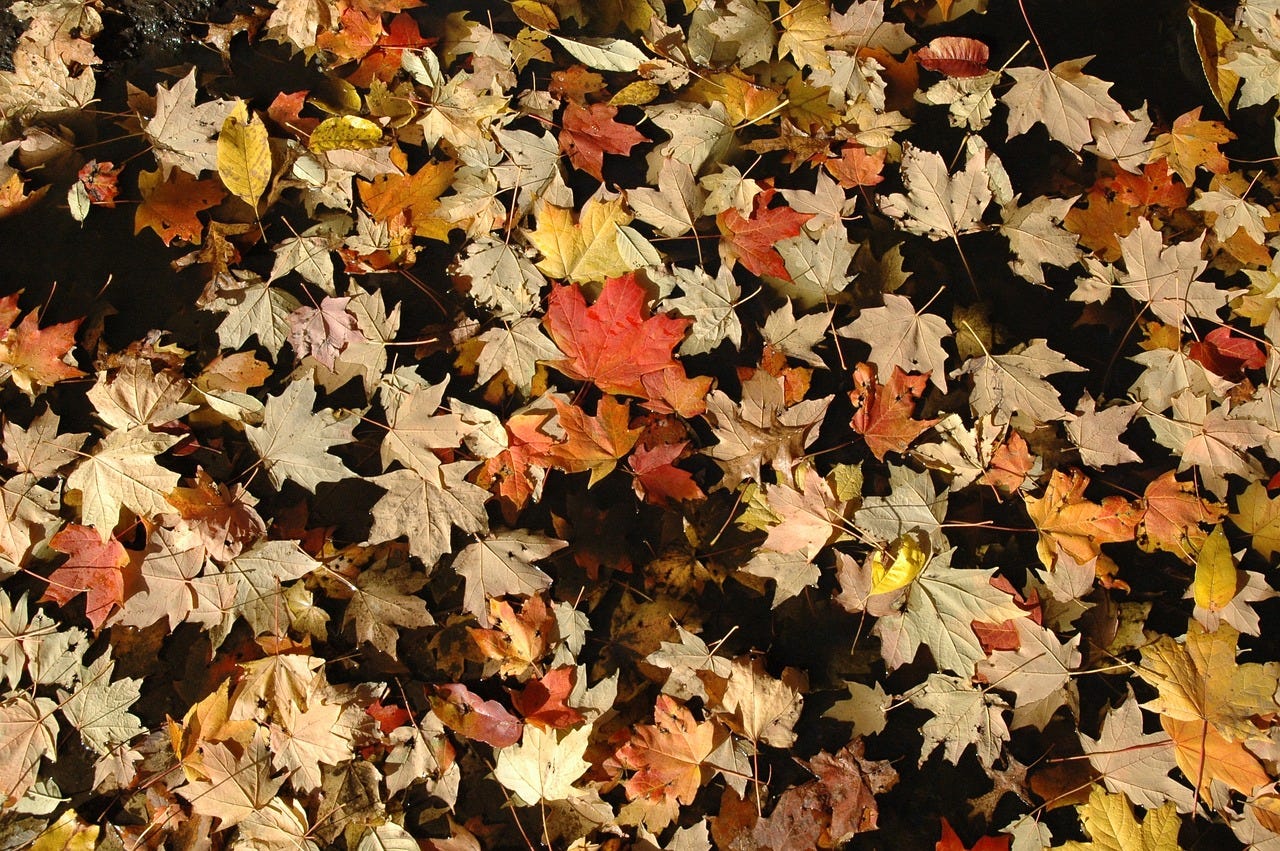The Practicing Writer 2.0: November 2023
As usual in this 20th year of serving writers: dozens of carefully curated, fee-free opportunities that pay for fiction, poetry, & creative nonfiction. But first, some important notes.

Welcome, new readers (251 subscribers have joined us since the last newsletter went out), and welcome back to the regulars.
For updates and additional oppor…
Keep reading with a 7-day free trial
Subscribe to The Practicing Writer 2.0: A Newsletter from Erika Dreifus to keep reading this post and get 7 days of free access to the full post archives.

